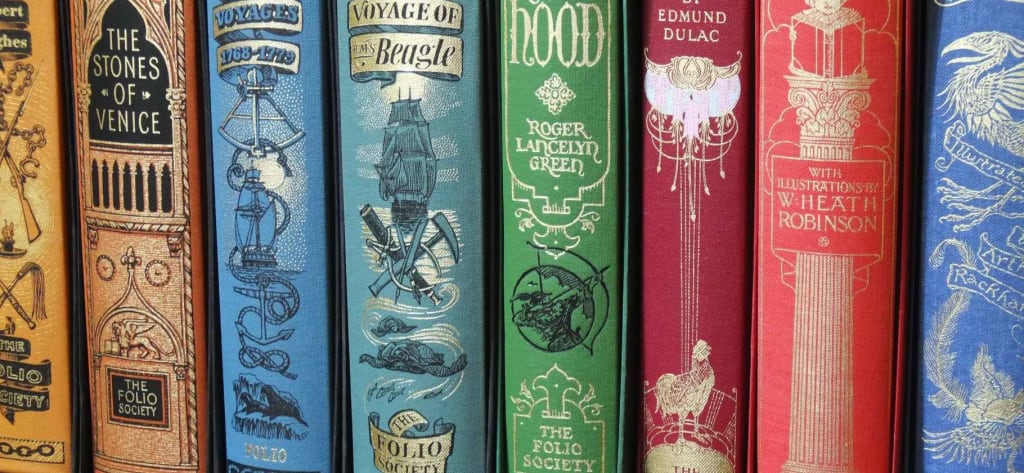Why Fiction Matters
Building empathy through books

We’ve all met them, those furrow browed grumps who claim fiction is a waste of time. They insist, with all the finality in the world, that there is no knowledge to be found in a novel that can’t be found elsewhere. And of course you nod, better that than try to argue with the bore. However, sometimes we must defend not only that which is dear, but that which is important.
Reading, while being a splendid abandonment of reality, also serves to alter humanity in a fundamental way. It is fiction, unlike any other artistic medium, that allows the reader to crawl into someone else’s skin. This in itself is the very foundation of empathy. And the more able we are to empathise with another, the less able we are to harm them.
And there you have it, the literary secret behind all novels – they subversively make us better people. They mould us by showing us how other people think, feel, and live. And while we don’t necessarily have to agree with the character views, we can at the least grow to understand them just that little bit better.
When reading Sebastian Faulk’s Birdsong, the reader soon discovers that WWI wasn’t just armies of men, sat in opposing trenches, firing bullets intermittently at one another. Instead, it was a group of terrified people, doing what they felt was right, freezing and wet-footed humans suffering in ways that we can hardly conceive.
Or, upon reading Jeffrey Eugenides’ Middlesex, the reader discovers the complexity of gender and identity. No longer are those with neither female/male gender an unknown entity. Gradually, as you make your way through the novel - you find that we are quite similar in our own ways and with our own quirks and idiosyncrasies.
Fiction serves to build a greater understanding both externally and internally. Novels about pain, and novels about great suffering, allow readers to know that they are not alone. That the pain they feel is to an equal or perhaps even greater extent felt by another. Works such as The Bell Jar by Sylvia Plath offer readers a glimpse into a woman’s world that is spiraling into a black fog.
David Foster Wallace, in an interview with Larry McCaffery, explains that, ‘a piece of fiction can allow us imaginatively to identify with a character’s pain, we might then also more easily conceive of others identifying with their own. This is nourishing, redemptive; we become less alone inside’.
Is this what literature offers beyond escapism? This ability to know there is somebody, somewhere, thinking and feeling the same things as what you too feel, only you felt too odd to mention it.
When we read we transcend our own interior monologue and step into another’s. It is here we learn about resolving both internal and external conflicts. We learn, or at the very least, think about what it means to love and what it means to be alive. Literature offers comfort for the suffering and insight into those who are not.
It is in the wake of our travels through the pages that we learn about ourselves and others and this, while possibly seems somewhat interesting, might also be what humanity needs now more than ever. The world hardly needs more people with a great capacity to hold information. What is more important is our capacity to think and feel and relate to one another. So, instead of turning to politicians, religious leaders or celebrities for all of the answers - perhaps we should all be turning to those books to find greater understanding in this chaotic world.
About the Creator
Leigh Doughty
Leigh Doughty is a writer and language tutor based in HCMC, Vietnam.
https://twitter.com/LeighDoughty
https://www.instagram.com/literary_dispatch/






Comments
There are no comments for this story
Be the first to respond and start the conversation.